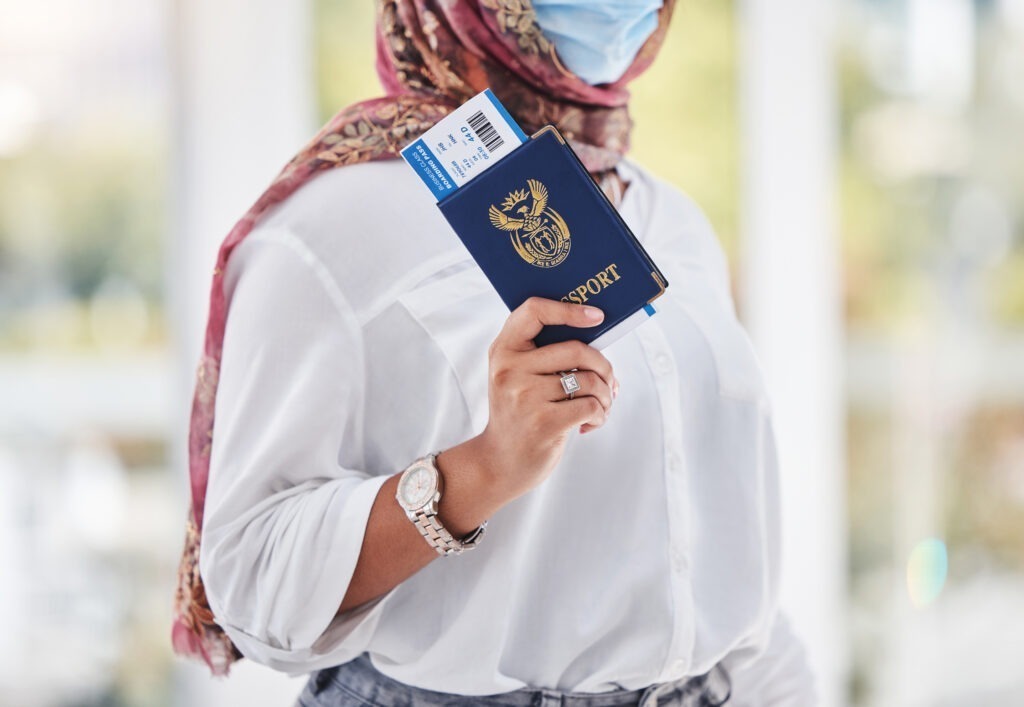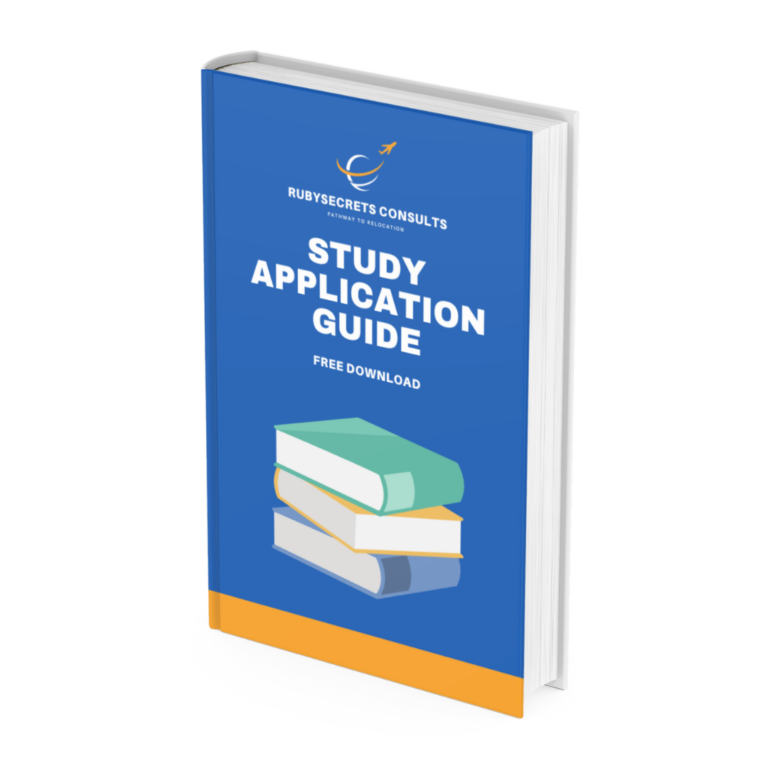Navigating the U.S. immigration landscape is a complex endeavor, but the EB2-NIW (Employment-Based Second Preference National Interest Waiver) offers a compelling opportunity for accomplished professionals to bypass traditional sponsorship hurdles. This guide distills the nuances of the EB2-NIW process, eligibility requirements, and documentation strategies into actionable insights, empowering you to build a persuasive case that aligns with U.S. immigration priorities.
Understanding the EB2-NIW Visa
The EB2-NIW is tailored for individuals whose expertise and contributions hold intrinsic value to the United States. Unlike conventional employment-based visas, this category eliminates the need for a permanent job offer or labor certification, provided applicants can demonstrate their work advances U.S. interests in a tangible, national-scale capacity. It’s a recognition of professionals who not only excel in their fields—whether through advanced degrees (e.g., master’s or higher, or a bachelor’s with 5+ years of progressive experience) or exceptional ability (evidenced by accolades, publications, or industry influence)—but whose continued endeavors promise significant societal, economic, or cultural benefits.
Eligibility: Proving Your Case to USCIS
Success hinges on satisfying two pillars:
1. Advanced Degree or Exceptional Ability
- Advanced Degree Holders: Highlight academic credentials paired with professional growth, such as leadership roles, specialized projects, or innovations that evolved beyond initial academic training.
- Exceptional Ability – Showcase a pattern of recognition—peer-reviewed research, high-impact patents, or awards from distinguished organizations. USCIS looks for sustained influence, not isolated achievements.
2. The Three-Pronged National Interest Test
Your petition must convincingly argue:
- Substantial Merit and National Importance: Frame your work within broader U.S. priorities—e.g., advancing renewable energy, addressing public health gaps, or enhancing tech competitiveness.
- –Positioned to Advance the Endeavor: Demonstrate access to resources, collaborations, or institutional support that ensures your work’s continuity.
- – Waiving the Job Offer Benefits the U.S.: Contrast the urgency or uniqueness of your contributions against the delays and limitations of labor certification.
This framework requires more than meeting criteria; it demands storytelling that connects your expertise to America’s strategic interests.
Documentation: Building a Persuasive Portfolio A meticulously curated application includes:
Academic and Professional Credentials: Degrees, transcripts, and certifications, complemented by a timeline of career progression (promotions, project leadership, or entrepreneurial ventures).
Impact Evidence: Citations of your work, media coverage, policy influence, or quantifiable outcomes (e.g., revenue growth, patents commercialized, or public engagement metrics).
Expert Recommendations: Letters from impartial authorities in your field—senior academics, industry leaders, or policymakers—that contextualize your achievements and affirm your role in addressing critical challenges.
Personal Narrative: A cohesive statement weaving your journey, current impact, and future vision. Avoid jargon; instead, articulate how your work fills a gap or accelerates progress in ways a U.S. employer couldn’t easily replicate.
Think of your documentation as a dossier: each piece should reinforce why your presence in the U.S. is irreplaceable, not merely beneficial.
Strategic Application Process: From Self-Assessment to Approval
1. Conduct a Candid Self-Assessment
Compare your credentials against USCIS precedents. Consult peers or mentors for unbiased feedback—does your work stand out in your field?
2. Compile a Tiered Evidence Portfolio
Organize documents by theme: academic foundation, professional recognition, national impact. Use tabs and summaries to guide adjudicators through your narrative.
3. File Form I-140 with Precision
Triple-check for inconsistencies between forms, letters, and evidence. Even minor discrepancies (e.g., job titles or dates) can trigger scrutiny.
4. Anticipate and Preempt RFEs
Common RFEs target insufficient evidence of “national importance” or vague future plans. Preempt these by including contracts, project proposals, or letters confirming upcoming collaborations.
5. Navigate Final Stages Proactively
If adjusting status, monitor visa bulletin dates to time your I-485 filing. For consular processing, prepare for heightened scrutiny during interviews by rehearsing clear, concise explanations of your work’s U.S. ties.
Avoiding Critical Missteps
Underestimating the “National Interest” Threshold: A hospital physician’s clinical work may benefit a community, but securing a waiver requires showing how your innovations influence national healthcare standards or address systemic shortages.
Generic Recommendation Letters: A letter stating “Dr. X is talented” holds little weight. Instead, ask recommenders to detail specific collaborations (e.g., “Dr. X’s vaccine research, which I oversaw, reduced trial costs by 40%, directly informing federal grant allocations”).
Overlooking the Bigger Picture: USCIS cares less about past achievements than ongoing potential. Highlight pending research, partnerships with U.S. firms, or policy advisory roles that ensure sustained impact.
Finally
The EB2-NIW is not a checkbox exercise; it’s a strategic demonstration of your unique value to the United States. While the process is rigorous, it rewards applicants who present their contributions as both exceptional and indispensable. Many professionals find value in partnering with an immigration attorney to stress-test their case against evolving USCIS trends. Remember, a successful petition transcends personal accomplishment; it positions you as a catalyst for progress the U.S. cannot afford to overlook.
By approaching your application with the same diligence and innovation that defines your career, you transform from a candidate into a compelling asset—one poised to contribute to the nation’s future while securing your own.
Ready to take the next step toward securing your U.S. green card through the EB2-NIW visa?
Navigating the complexities of self-petitioning can be challenging, but you don’t have to do it alone. Our experienced immigration team is here to help you build a compelling case, avoid common pitfalls, and maximize your chances of success.
Book a consultation today to discuss your unique qualifications and start your journey toward achieving the American dream.
Let’s turn your expertise into opportunity—schedule your consultation now!


